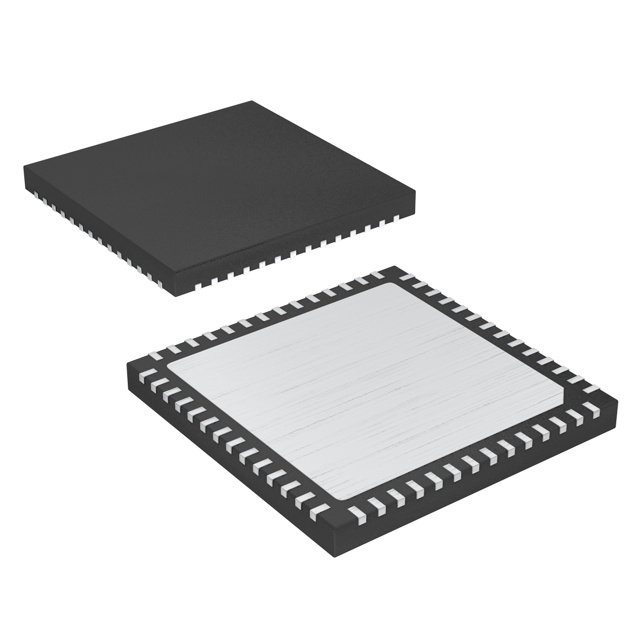MAX9276AGTN/V+GG6
Manufacturer No:
MAX9276AGTN/V+GG6
Manufacturer:
Description:
3.12GBPS GMSL DESERIALIZERS FOR
Datasheet:
Delivery:





Payment:




In Stock : 0
Please send RFQ , we will respond immediately.









MAX9276AGTN/V+GG6 Specifications
-
TypeParameter
-
Supplier Device Package56-TQFN (8x8)
-
Package / Case56-WFQFN Exposed Pad
-
Mounting TypeSurface Mount
-
Operating Temperature-40°C ~ 105°C (TA)
-
Voltage - Supply1.7V ~ 1.9V, 3V ~ 3.6V
-
Number of Outputs32
-
Number of Inputs1
-
Output TypeLVCMOS
-
Input TypeCML
-
Data Rate3.12Gbps
-
FunctionDeserializer
-
PackagingTube
-
Product StatusActive
-
Series-
The MAX9276AGTN/V+GG6 is an integrated circuit chip designed by Maxim Integrated. It is specifically designed for high-speed serial communication over a single coaxial cable, commonly used in automotive applications. Here are some advantages and application scenarios of the MAX9276AGTN/V+GG6:Advantages: 1. High-speed data transmission: The chip supports data rates up to 3.12 Gbps, enabling fast and reliable communication between different components in an automotive system. 2. Long-distance transmission: It allows for long-distance transmission of video, audio, and control signals over a single coaxial cable, reducing the need for multiple cables and simplifying the wiring. 3. Robust communication: The chip incorporates features like equalization, pre-emphasis, and adaptive cable equalization to compensate for signal degradation and ensure reliable communication even in noisy environments. 4. Low power consumption: The MAX9276AGTN/V+GG6 is designed to operate with low power consumption, making it suitable for automotive applications where power efficiency is crucial.Application scenarios: 1. Automotive infotainment systems: The chip can be used to transmit high-quality video and audio signals from a central unit to various displays and audio systems within a vehicle, providing an enhanced multimedia experience for passengers. 2. Advanced driver assistance systems (ADAS): It can be utilized in ADAS applications to transmit video data from cameras, such as rearview cameras or surround-view cameras, to the central processing unit, enabling real-time monitoring and analysis for enhanced safety. 3. In-vehicle networking: The chip can be employed in automotive networking protocols, such as Controller Area Network (CAN) or Ethernet, to facilitate communication between different electronic control units (ECUs) within a vehicle, enabling efficient data exchange and control. 4. Automotive diagnostics: It can be used in diagnostic systems to transmit diagnostic data from various sensors and modules to a diagnostic tool, allowing for efficient troubleshooting and maintenance of automotive systems.It's important to note that the specific advantages and application scenarios may vary depending on the requirements and implementation of the automotive system.
MAX9276AGTN/V+GG6 Relevant information
-
MAX9276AGTN/V+TG8M
Analog Devices Inc./Maxim Integrated -
MAX96705GTJ+W
Analog Devices Inc./Maxim Integrated -
MAX9282AGGM/VY+T
Analog Devices Inc./Maxim Integrated -
MAX9290GTM/V+T
Analog Devices Inc./Maxim Integrated -
MAX9275GTN/V+TG8M
Analog Devices Inc./Maxim Integrated -
MAX9277GTM/V+G7M
Analog Devices Inc./Maxim Integrated -
MAX96705GTJ+TW
Analog Devices Inc./Maxim Integrated -
MAX9281GTM/V+G7M
Analog Devices Inc./Maxim Integrated -
MAX9296AGTMD/V+T
Analog Devices Inc./Maxim Integrated -
MAX9304GTMY/V+T
Analog Devices Inc./Maxim Integrated







